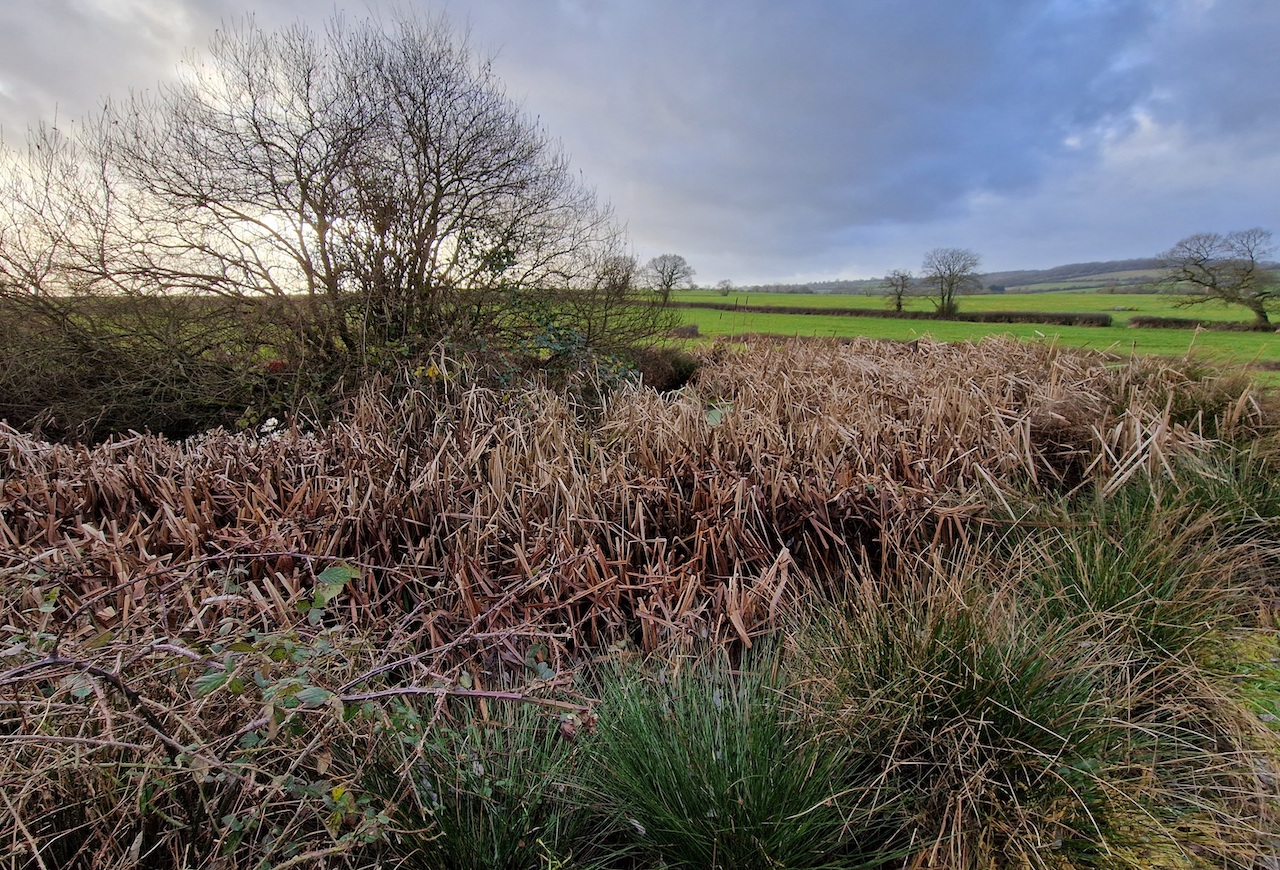With more than half of global GDP dependent on systems provided by nature, protecting biodiversity plays a crucial role in keeping the world economy stable, the sustainable lender said in a new white paper.

As part of its commitment to reaching biodiversity targets, Triodos Bank plans to invest at least €500m in investments, loans and contributions to nature-based solutions by 2030.
Triodos also set a 2026 target to report on biodiversity impact and progress of its financed projects, which will include nature conservation, restoration, and regeneration projects.
In a white paper, titled ‘Financing the Nature-based Solutions Sector’, Triodos singled out financial support for nature restoration as one of the most promising ways to tackle climate change. Triodos highlighted this year’s Living Planet Report by the World Wildlife Fund (WWF), which estimated the world has lost 73% of all wildlife vertebrates over the last 50 years, as reason for urgency.
“Investing in nature-based solutions is crucial for restoring our natural environment and mitigating the effects of the climate crisis,” said Jacco Minnaar, chief commercial officer of Triodos Bank.
The world spends around $154bn (€146bn)a year on nature-based solutions, which are actions to protect, conserve and restore natural ecosystems, the UN Environment Programme said in a 2022 report. At the time, the UN warned a doubling of investments into nature-based solutions by 2025 was needed in order to reach climate, biodiversity, and land degradation goals.
‘Real-world impact’
Founded in 1980, Triodos is an independent lender with banking activities in the Netherlands, Belgium, the UK, Spain and Germany.
The Dutch sustainable bank and global investment manager also said it will actively engage with companies in its investment portfolio, ranging from firms exposed to commodities to chemical companies, to avoid negative impact of financing activities that destruct or degrade nature and biodiversity.
Triodos also plans to set key performance indicators on agriculture and built environment loans by the end of 2026, and will start to estimate the indirect impact on biodiversity of all financial inclusion funds.
In the white paper, it cited a £20.55m (€24.6m) loan from its UK-based bank to Oxygen Conservation, allowing it to buy 23,000 acres in Scotland for conservation and nature restoration, and a £3.85m loan to Avon Needs Trees, which helped create the largest woodland in South West England in decades, as examples of real-world impact of nature-based solutions.
Minnaar said the Dutch lender was “proud to be at the forefront of this movement, demonstrating that sustainable finance can drive positive environmental and societal impact”.






